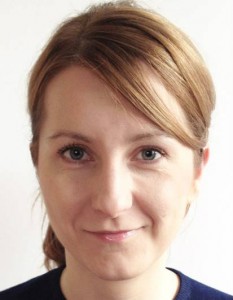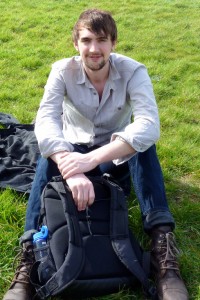Testimonials
The courses are aimed at students in the University who need to access resources in Arabic for research purposes as part of their current course.
Here are some of the students who have attended the courses with information about their research and why they are learning Arabic:
K atarzyna Sidlo, Visiting Scholar at the Centre of Islamic Studies at the University of Cambridge, and a PhD candidate at the Faculty of Oriental Studies at the University of Warsaw
atarzyna Sidlo, Visiting Scholar at the Centre of Islamic Studies at the University of Cambridge, and a PhD candidate at the Faculty of Oriental Studies at the University of Warsaw
The classes were great, very helpful not only because I’ve learned some new things … but also because they helped me to work on my Arabic more regularly and motivated to revise new word on daily basis. Because a lot of my work right now is based on early Arabic written sources, such as Sunna and historical, legal, and theological treaties, I really benefited from the classes, not least because it gave me an opportunity to practice speaking and use more modern language than I usually do in my research.
 Philip Rushworth, PhD Candidate, FAMES
Philip Rushworth, PhD Candidate, FAMES
My research looks at Syrian refugees who have come to Europe during the so-called ‘migrant crisis’. Syrians who attain refugee status and settle in Europe are often said to be ‘starting a new life’. I want to investigate what this means in reality: do Syrian refugees see their lives in these terms? What is actually entailed in starting a new life? What are the expectations of a new life in Europe? I explore this through a study of hope and its consequences. I am studying Arabic because it will be essential for the 12 months ethnographic fieldwork I plan to conduct with Syrian refugees which this study will be based upon.

